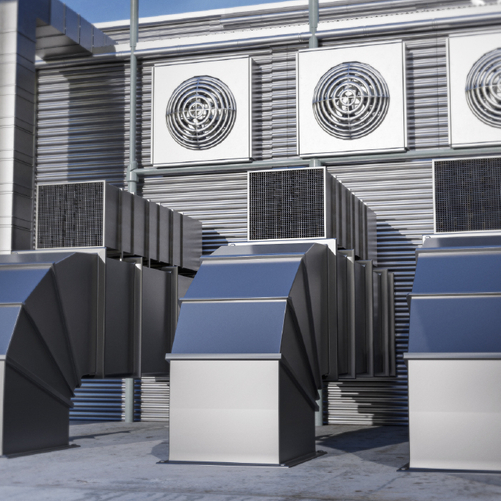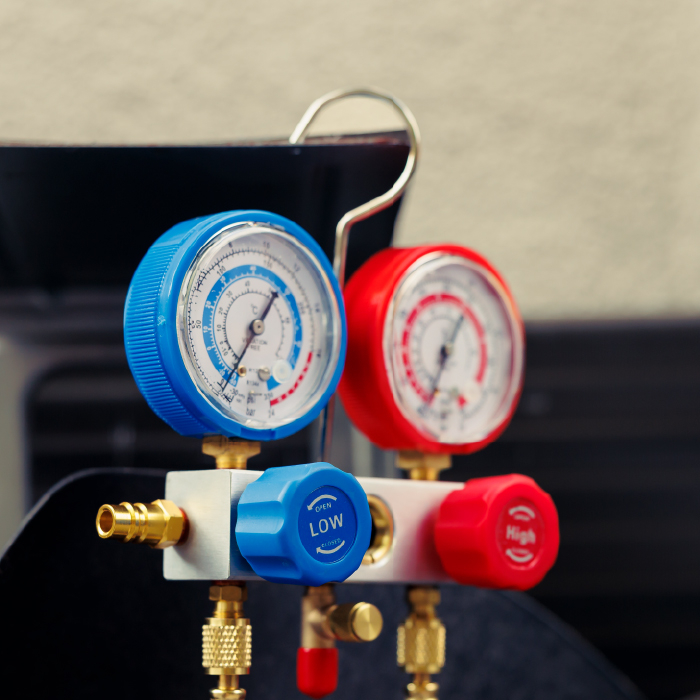The restaurant industry is super competitive and dynamic; in this vibrant environment, efficiency and sustainability become the key factors of success. As standards and regulations keep evolving, the choice and management of refrigeration systems directly affect the operational efficiency of a cafe as well as its sustainability footprint.
How Refrigeration Standards Impact Restaurant Efficiency and Sustainability?
How Refrigeration Standards Impact Restaurant Efficiency and Sustainability?

Boosting Energy Efficiency Through Advanced Refrigeration
Smart refrigeration systems monitor real-time needs and automatically adjust cooling cycles to optimize energy waste reduction. Such high-efficiency systems include fans and compressors, such as many variable-speed compressors and better insulation, which will cost electricity only when needed while delivering service at an optimal level of performance. Besides, less energy-guzzling coincides with global sustainability objectives, hence qualifying restaurants for an eco-friendly status. Energy-efficient refrigeration provides financial and environmental savings, so it works both ways.

The Role of Refrigerants in Environmental Impact
This system of cooling uses hydrocarbons like hydrofluorocarbons (HFCs) and increases the GWP (global warming potential). Refrigeration regulations more and more encourage natural refrigerants as mediums through which fluids could flow with a low GWP, such as ammonia, CO₂, or hydrocarbons.
Changing to these alternatives usually needs investment; however, those investments will pay off in the long run as they will make the firm more compliant with environmental regulations while reducing its carbon footprint. Restaurants are currently enhancing their brand reputation through eco-friendly refrigerants as part of green initiatives. Early adoption and implementation will give these manufacturers a competitive advantage in a continuous trend or movement toward decarbonization in the industry. Proper training and maintenance are essential for use or handling effectively and safely.
Compliance and Its Impact on Restaurant Operations
In addition, state-of-the-art compliant techniques like automated monitoring systems will provide alerts in real-time for possible failures, informing the appropriate parties before breakdowns or losses of products become expensive. Compliance includes the disposal and recycling of outdated refrigeration equipment as well.

Reducing Food Waste with Temperature Management
These norms prescribe optimal ranges of temperature in which to store the various kinds of foods that would minimize their spoilage and, consequently, waste. For restaurants, the right temperature will mean that the food remains fresh for a longer time, thus assuring quality and safety.
Sophisticated refrigeration systems have fully made these standards automatic; continuous cooling can be guaranteed for longevity. Besides, customers are more likely to be attracted to a restaurant that works on food waste minimization. In this regard, temperature standards have become part of operational as well as marketing initiatives.
Leveraging Technology for Sustainable Refrigeration
IoT-enabled refrigerators connect managers on the outside to monitor and manipulate the temperature, thereby ensuring normal performance, with quick reactions to anomalies detected.
The process of predictive maintenance powered by data analytics identifies machines before they fail, thus increasing costs and downtime of repair. Digitally, these would also present thorough documentation as inspection ready-states for compliance audits. Not only is an investment in technology an exercise in making compliance standards lighter but there's also a major operational improvement worth trouncing the competition for.
The Long-Term Benefits of Sustainable Refrigeration
In addition to lowering maintenance costs, adopting present statement refrigeration systems is manifested through these benefits from the long-term point of view exceeding its initial costs, such as energy savings to the much lesser extent of environmental degradation enhanced food quality for the improved bottom line of any restaurant.
Not only do such sustainable operations appeal to customers, but they also create customer loyalty and foster employee engagement. Many diners choose districts based on green features and sustainability. With regulatory frameworks doing rounds about energy consumption and general environmental standards, future-proofing an organization within such regulations depends on having compliant refrigeration systems already in place.
The Last Words:
Restaurant refrigeration services in EL, Cajon, ensure efficiency and sustainability, so investing in all systems compliant with regulations, maximizing technology, and adopting environmentally friendly practices should guarantee a healthy volume of operations and a minimized footprint for eateries. Trusting a dynamic customer base, wherein operational reliability is of utmost importance, will ultimately yield long-term benefits commensurate with benchmarks.
